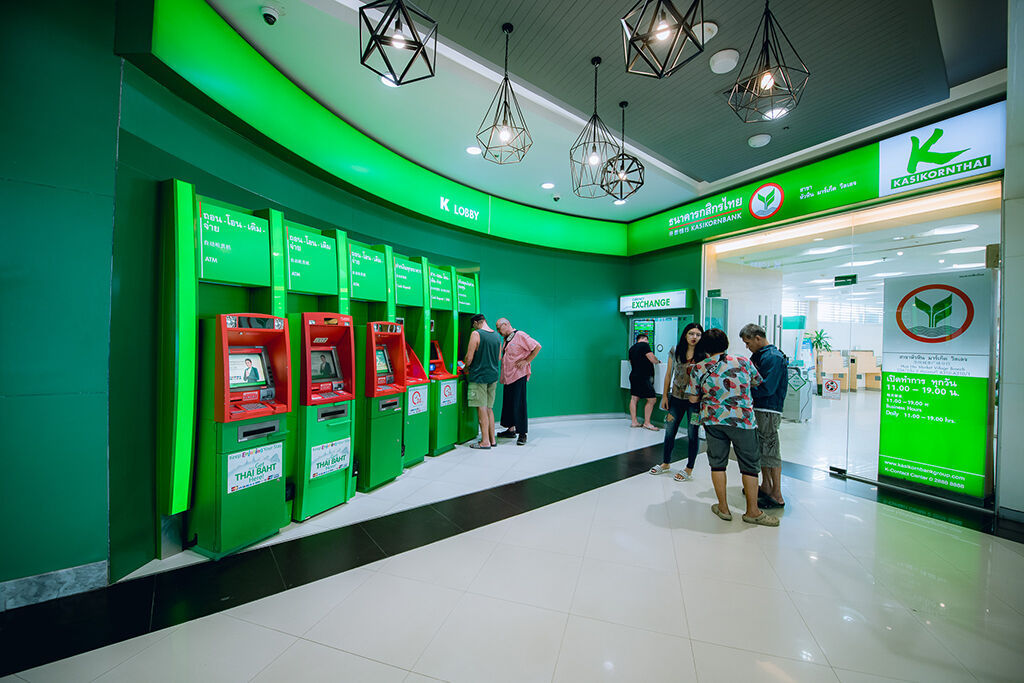Kasikornbank halts plans to sell stake in asset management business

Kasikornbank (KBank) Public Company Limited, the second-largest lender in Thailand, has put the plans to sell a share in its asset management business on hold, according to individuals familiar with the situation.
Negotiations between KBank, based in Bangkok, and several prospective buyers have reached an impasse due to disagreements on terms of a potential agreement, said those familiar with the matter, who requested anonymity due to the private nature of the discussions. Previously reported by Bloomberg News, Amundi SA of France, and buyout companies CVC Capital Partners and TPG Inc. were among the interested parties.
Since last year, KBank has been considering options like selling a minority or majority stake in order to strengthen its asset management platform. The bank initially aimed for a valuation of up to US$2 billion, according to sources with knowledge of the matter.
A final decision has not yet been made, but some suitors are still interested if the price is right, said the unnamed sources. Representatives from Amundi, CVC, and TPG declined to comment on the matter.
A spokesperson for KBank also declined to comment and instead referred to a statement made in January, in which the company had indicated that asset management is one of its vital businesses and regularly holds discussions with various parties as part of normal operations. Furthermore, the lender continuously strives to discover new business opportunities and methods of benefiting shareholders, as per the statement.
KBank’s shares experienced minimal changes last Friday in Bangkok. This year, the stock has fallen by approximately 8%, rendering the lender a market value of approximately US$9.5 billion. An investor presentation revealed that at the end of last year, KBank’s asset management arm managed around 1.49 trillion baht (US$44 billion).
In 2021, Amundi announced its anticipation to accumulate an excess capital of roughly €2 billion (US$2.2 billion) through to 2025. The asset manager aims to utilise this capital for mergers and acquisitions or to distribute exceptional payouts to shareholders, reports Bangkok Post.
Latest Thailand News
Follow The Thaiger on Google News:


























